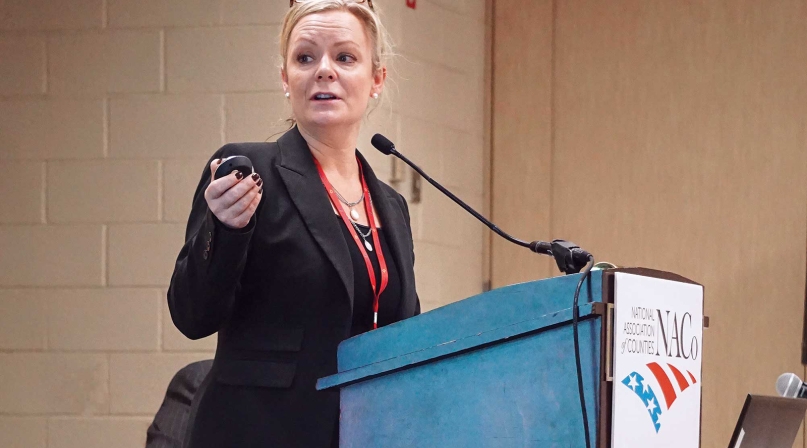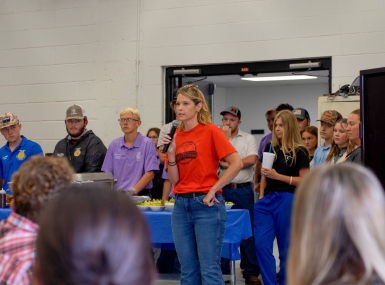Economic Shock: Lessons learned from coal and timber counties

Communities recovering from economic shock can focus on getting back at the expense of growing anew
The decline of resource-driven economies can be traumatic, but counties can rebound by using crises to inspire creative approaches to diversifying their business bases.
Case studies in southern West Virginia and central Oregon demonstrated different approaches to leading those comebacks.
There’s an emotional connection to past successes that can distract communities, Stephanie Tyree, executive director of the West Virginia Hub said. Overcoming economic nostalgia is crucial to moving forward.
As coal demand crumbled, and towns and state revenue from severance taxes cratered, there was a growing recognition that the state was undergoing an economic shift that is long-term, she said. “Sometimes when we are undergoing an economic shock, we are just focused on getting back to where we were. What we recognized in many communities in West Virginia is that we need to build a new future.”
The West Virginia Hub views civic engagement as the key to creating an infrastructure for community planning and a mechanism to support emerging leadership.
“This is not about having town halls or providing space for people to speak at city council meetings,” she said. “It’s about creating a continuous space for projects to develop and leadership to emerge at a local level without controlling that space.”
In Oregon, Deschutes County was a booming lumber town, but in 1950, one of its two large mills sold out and the remaining mill closed in 1994. The economy transitioned to construction and the region’s beauty drove it to become a community of second homes, but that part-time migration didn’t bring a sustainable industry with it.
“Between 2000–2007, if you had a pickup and a hammer, you were in the industry,” said Deschutes County Commissioner Tammy Baney. “When the housing bubble burst, our economy went off a cliff.”
The county has rebuilt as a tourism destination, and tech startups have capitalized on the high quality of life in Bend.
The county’s business loan fund has led to the creating of 1,328 jobs. Loan recipients must pay them back if they do not sustain the new jobs for two years, but in the six years since the program debuted, only $54,000 of $845,000 given out has needed to be repaid.
Attachments
Related News

County leadership guides shared prosperity
There’s no chicken-or-egg debate: Economic mobility is not just a byproduct of growth — it is the result of intentional county governance.

Inland port offers opportunity for Hertford County, N.C.
Hertford County, N.C. doesn’t have a lighthouse, but that hasn’t stopped its economic future from shining thanks to what became known as Project Green Lantern.

Chamber of commerce program helps keep workers on the job
Audrain County, Mo.'s Workforce Resource Assistance Program has helped employers keep staff in place, reducing turnover and promoting stability.
